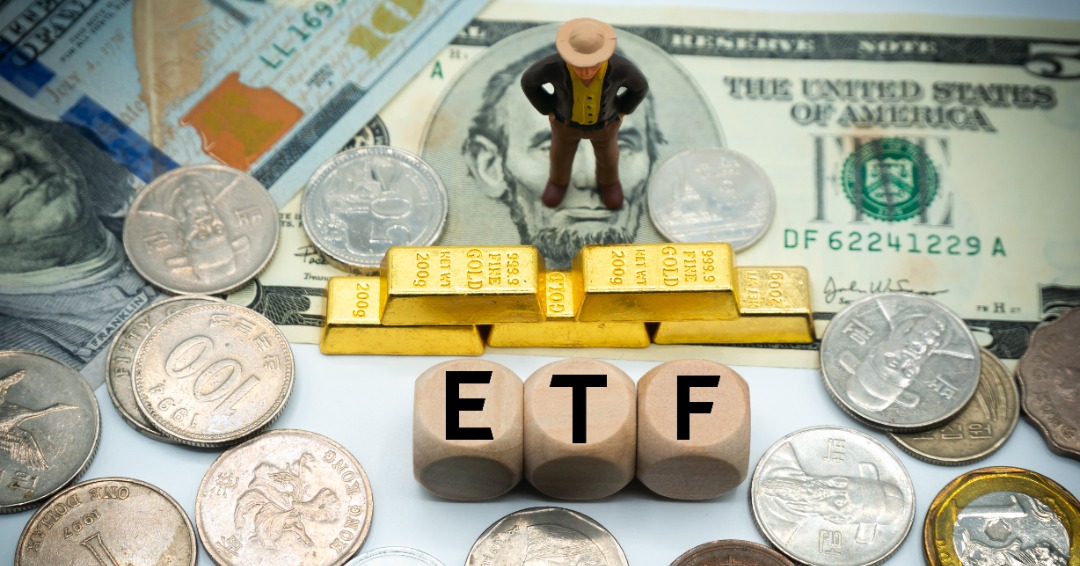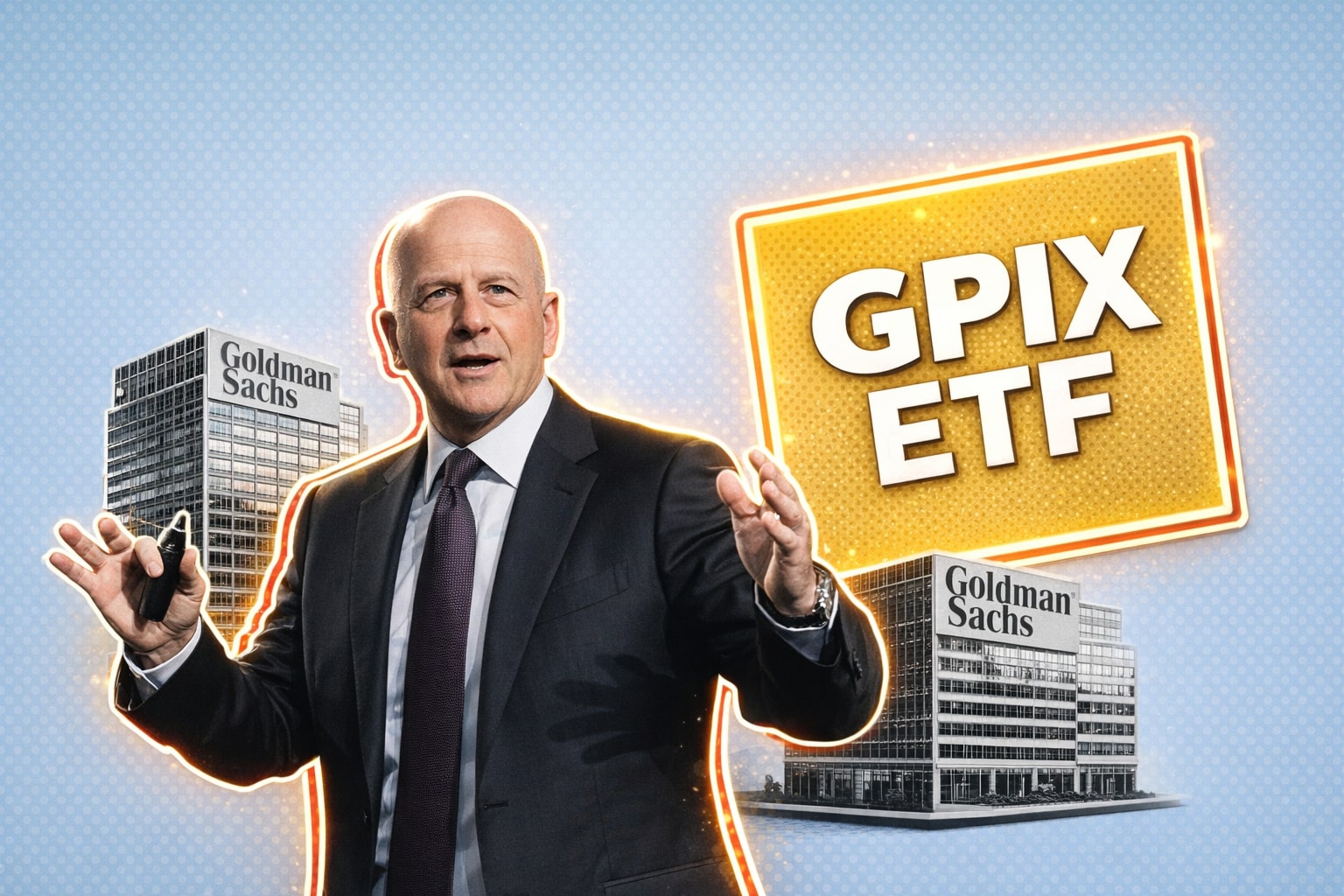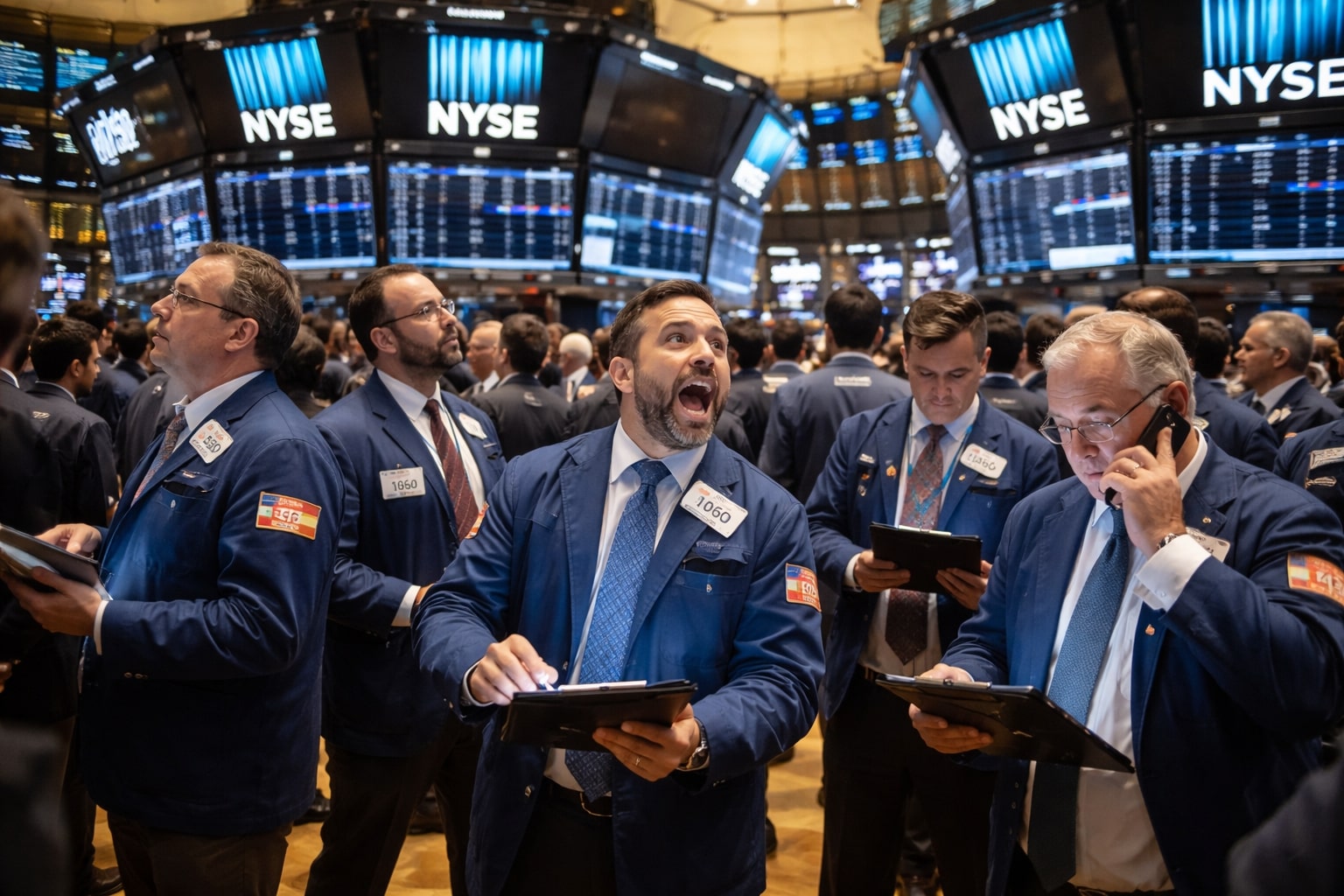
Factor ETFs: A New Wave in Investment Strategies
Influence, Functionality, and Impact of Factor ETFs on the Investment Landscape | That's TradingNEWS
Trading News- Factor ETFs have significantly disrupted the investment landscape in recent years, providing a compelling alternative to traditional market trackers and index following strategies. These instruments offer investors exposure to specific performance-driving factors, such as size, value, and momentum.
Factor ETFs deviate from the classic 'buying the market' approach associated with standard trackers like the S&P 500 or the FTSE. This divergence, often termed 'bias' or 'tilt', is intended to enhance returns and manage risk levels, without the need for expensive and time-consuming stock picking. This is not to suggest that they mirror active strategies. Rather, these instruments use a rules-based approach to choose securities that align with the desired factor profile.
Factor ETF - iShares Russell 1000 Growth ETF (IWF)
As an illustration, consider the iShares MSCI USA Size Factor ETF (SIZE), which emphasizes small and mid-cap companies that are often overlooked in the market. Another example, the iShares MSCI USA Momentum Factor ETF (MTUM), targets firms demonstrating strong and consistent price growth. A third, the iShares MSCI USA Value Factor ETF (VLUE), focuses on securities that appear undervalued compared to the broader market.
These factor-focused ETFs 'tilt' away from the pure market index, providing exposure to investment themes that are poised for success, thereby potentially enhancing returns beyond a simple index-tracking strategy. They essentially work to fine-tune a market tracker, refining its performance by targeting high potential segments of the market.
However, the nascent nature of these funds means they lack a significant track record. Investors should fully understand how the funds operate before venturing into this space. A more considerable deviation from the pure index implies suitability for sophisticated investors who are proactive in managing their portfolios.
Notable firms like Atlas Capital have harnessed the potential of these concepts to offer 'enhanced indexing'. Using a combination of value, size, momentum, and short-term reversal, they provide separately managed accounts for substantial investments. Their approach allows for more significant exposure to market anomalies and benefits from the positive serial correlation of medium-term momentum.
Another critical feature of Factor ETFs is their ability to reduce costs typically associated with active management. By offering well-researched, low-cost, and transparent portfolios, they become an attractive alternative for investors seeking more than standard market returns.
Other industry players include Fidelity, which offers 15 factor ETFs across various asset classes, and FlexShares from Northern Trust, known for emphasizing international small caps and value stocks.
Beyond the scope of value, momentum, and size, factor ETFs also target 'quality' and 'low volatility' among other attributes. Quality-based ETFs select securities based on metrics like return on equity and earnings stability, whereas low-volatility ETFs seek out securities exhibiting less risk.
Some factor ETFs combine several factors, creating multifactor portfolios. This approach further diversifies holdings and provides a balanced exposure to various market segments. For instance, the Fidelity U.S. Multifactor ETF (FLRG) targets U.S. companies with strong exposure to value, quality, low volatility, and momentum factors.
A broader understanding of the market suggests that factor ETFs are an efficient tool for investors seeking diversification, potential returns, and a degree of protection from market volatility. Nonetheless, investors should consider potential liquidity issues, concentration risks, and the complexity of these products before making an investment decision.
One should remember that while factors can significantly influence stock returns, the success of factor ETFs still depends on the broader market context and individual investor preferences. Hence, careful selection of the most suitable ETF, understanding its specific characteristics and how it fits within the broader portfolio is essential.
Investing in factor ETFs requires a thorough understanding of the risks and potential rewards associated with these unique instruments. As always, due diligence, thorough research, and, where necessary, consultation with a financial advisor is paramount before venturing into this complex yet potentially rewarding segment of the investment landscape.
That's TradingNEWS
Read More
-
GPIX ETF 8% Monthly Yield and S&P 500 Upside at $53
13.01.2026 · TradingNEWS ArchiveStocks
-
XRP ETFs XRPI, XRPR and Bitwise XRP Pull In $1.5B as XRP-USD Stalls Around $2.13
13.01.2026 · TradingNEWS ArchiveCrypto
-
Natural Gas Price Forecast: NG=F Climbs Off $3.00 Floor as Cold Snap and LNG Flows Lift UNG
13.01.2026 · TradingNEWS ArchiveCommodities
-
USD/JPY Price Forecast - USDJPY=X Charges Toward ¥159 as Japan Election Fears Hit the Yen
13.01.2026 · TradingNEWS ArchiveForex


















